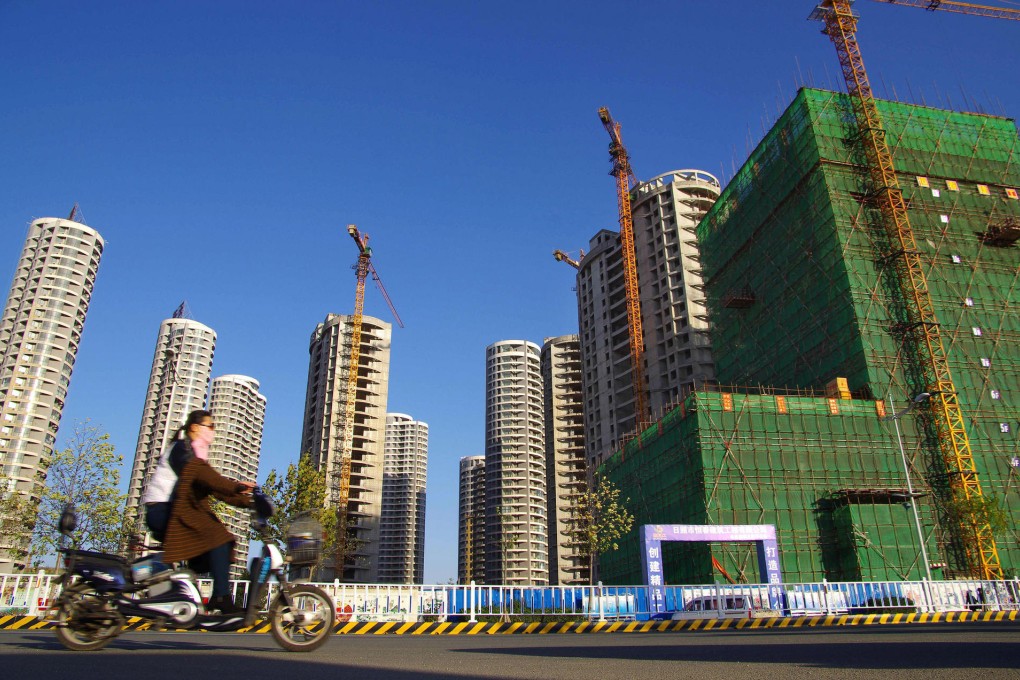China's anti-graft officials could monitor assets of officials using new centralised real estate database
Beijing's new rule on real estate ownership will create national database and is seen as move to regulate opaque investments and fight corruption

The central government yesterday issued new rules that stipulate full disclosure of real estate ownership, in a move to regulate opaque property investments and fight corruption.
The new registration requirement rule for all immovable property takes effect on March 1 next year. It will create a unified national property database, allowing government departments to share information on property ownership.
Government officials believe it will take about three years to establish the unified registration system.
Property ownership data is collected by the authorities but as the system is not integrated, it leaves room for those looking to game the system and hide wealth through property investments.
"All real estate assets - land, water areas as well as houses, forests and the like - will be subject to this set of rules," the announcement said.
The rules apply to first-time registration, changes of ownership as well as property transfers, write-offs and asset freezing, among other things.
The registration database will not be accessible to the general public.